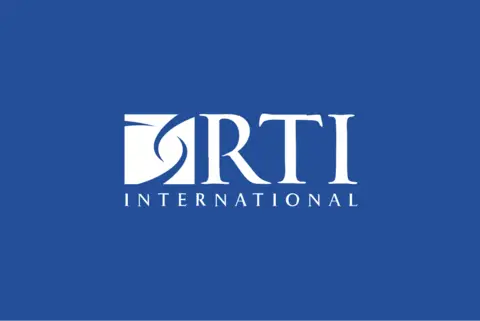RTI team will present real-world uses of research tools in community-led initiatives in D.C. this month
RESEARCH TRIANGLE PARK, N.C. — Environmental justice experts at nonprofit research institute RTI International are available for media interviews about tools and approaches to ensure fair treatment and meaningful involvement of all people in accessing a healthy environment. They are presenting at the National Environmental Justice Conference and Training Program on April 16–18 in Washington, DC.
RTI researchers can speak to environmental conditions and practical applications of effective research tools in community-led efforts and will highlight these examples in a workshop at the conference. Experts can discuss issues and examples related to climate change policy, agriculture and food security, water security, and health equity and environmental justice.
Daniela Pineda is the project director for RTI’s Environmental Justice Thriving Communities Grantmaker program. Dr. Pineda’s work in environmental justice focuses on forming partnerships with community-based organizations to ensure that local knowledge informs science and that communities benefit from their participation in research. She has over two decades of experience designing and implementing research and evaluation projects across various topics, including aligning public systems to better serve underserved and disadvantaged communities.
Tatiana Bustos is an expert in community-based participatory research, culturally responsive and equity-centered evaluation, and mixed-methods research designs. With over a decade of experience, Dr. Bustos possesses a diverse portfolio of projects in community-engaged research and evaluations across broad social issues in public health, education, racial healing initiatives and health services.
Janelle Armstrong-Brown is co-director for the Environmental Justice Thriving Communities Technical Assistance Centers (EJ TCTAC) Region 4 project. She has more than 15 years of experience evaluating and implementing health intervention programs through applying a community-based participatory research approach. Her research examines the mechanisms by which social environmental factors, such as neighborhood resources, can impact health behaviors and subsequently health outcomes among communities of color and vulnerable populations.
James Harrington contributes to development of environmental justice research, particularly related to clean drinking water availability. He has supported bioanalytical research projects for the National Toxicology Program (NTP) in metallomics and inorganic speciation, as well as the development of the pharmaceutical heavy metals testing program at RTI. Dr. Harrington previously performed research with the U.S. Environmental Protection Agency (EPA) regarding trace metal bioavailability in contaminated soils and on small molecule–metal interactions during his postdoctoral and doctoral studies. He has authored several publications focused on inorganic analytical methods and biogeochemistry of trace metals in the environment. Dr. Harrington also serves as the co-director of the EPA Region 4 EJ TCTAC.
To set up an interview with one of RTI’s experts, please contact news@rti.org.

To request an interview, contact our Media Relations team.



